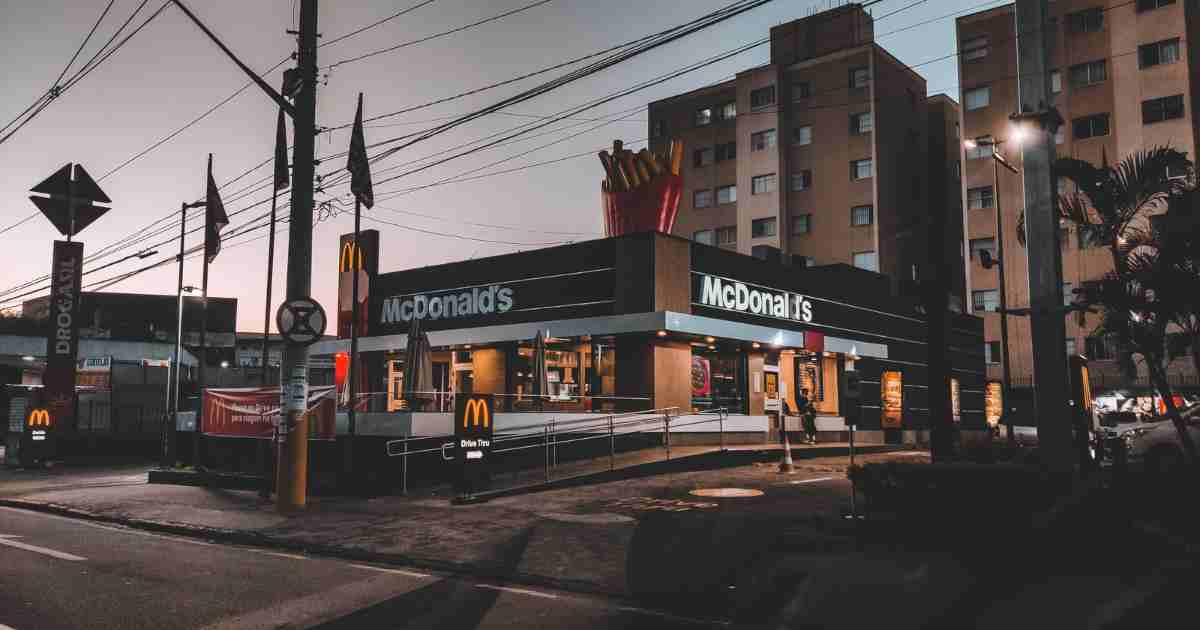Centuries after millions of Africans were shipped to America and Europe as slaves, their descendants are coming back to Africa in a bid to reunite and develop the continent.
The return of the African diaspora, as the phenomenon is known, draws thousands of men and women who come as tourists, while others are passionate enough to resettle and build new lives.
For the three years he has lived in Rwanda, Colin Roach has seen the number of African American expats grow exponentially, from just four in 2019 to over 120.
“We are pioneers; people are just learning about Rwanda and more of us are coming,” he said.
The son of renowned Tobagonian poet Eric Roach, Roach was born in the Caribbean, before his family moved to the United States of America, where he grew up.
Now in his early seventies, Roach, a retired industrial engineer, lives in Musanze District, where he runs a tour company and an Airbnb business.
When I first met Roach in early March this year, he said he’d long dreamt of coming to Africa, the birthplace of his ancestors. His face beamed with joy as he spoke of the once long-awaited “journey back home.”

For Colin Roach who now lives in Musanze, coming to Africa was a dream come true.
Like Roach, Kerry-Ann Masozera, a Jamaican-born British woman (her husband is Rwandan), and Mama Moon, an American business consultant, chose to settle in northern Rwanda, where they have set up businesses too.
Masozera (better known as Lady Visionary), and her husband are building a luxury camping site in Burera District. Mama Moon owns a coffee shop, called Culture, in Musanze. She said more investments are in the pipeline.
Before coming to Rwanda, Mama Moon lived in Atlanta, Georgia. After finding out that Rwanda was ‘business-friendly, a place that respects women, and a clean city,’ she decided to come and stay. She arrived in Kigali in 2020.
“The return of the African diaspora was bound to happen,” says Masozera, “it’s a natural cause and effect.”
On one Sunday afternoon later in March, I met the trio at Mama Moon’s coffee shop for an interview. As “pioneers” of the black diaspora living in Rwanda, Roach, Mama Moon and Lady Visionary say, apart from reconnecting to the land of their ancestors, the purpose of their return is to invest in Africa’s development.
“Part of that development involves the diaspora,” said Lady Visionary. “There are so many young people who are unemployed, not only in Rwanda, but across the continent. That’s the reason you have people like me, Colin and Mama Moon who are investing.”
However, as a result of decades-long negative coverage by Western media, says Lady Visionary, it’s not so easy for anyone to come and stay in Africa for months, let alone resettle.
“A lot of the media that we watched growing up was very negative about Africa. A lot of people don’t believe that anything can live here because they think Africa is so diseased, has a lot of challenges, war and so on. But I always told myself there’s a different story.”

Colin Roach (L), Kerry-Ann Masozera (C) and Mama Moon are some of the African diasporas who have resettled in Rwanda. Photos by Moise M. Bahati
After finishing her university studies, Lady Visionary finally visited Africa, arriving in Ghana in 2010. She recalls her first impression: “I could see that there was development, but ongoing development. People greeted us with smiles, they were happy. I could see that Africa is not the diseased continent, with people dying on the streets.”
Lady Visionary first arrived in Rwanda in 2014. After touring Kigali, Musanze and Rubavu – cities already awash with investors – she found a niche in Burera near the twin lakes, a place reminiscent of the Caribbean Sea. Besides the glamping site, she also started a clean water project in Buhembe village.
“When I visited Burera, this place was so beautiful, but there was a challenge of lack of investment. And the majority of the people in Burera District are from a low socioeconomic group. So, I was like, ‘let’s make a change in the development of the people in Burera.’ We started in 2019.”
A former physiotherapist, Lady Visionary also plans to invest in the medical sector in the near future.
‘I feel free’
Africa offers sanctuary for black people who are marginalized in Europe and America, where they have to endure racism on a daily basis, even at workplaces.
“In America, we are the minority,” said Mama Moon. “It’s not a situation where we feel comfortable all the time going out in particular spaces. Living in Rwanda, I feel free, and what I mean by that, I feel like there are no constraints placed on me based on me being black.”

Mama Moon seen at her coffee shop in Musanze District. She arrived in Rwanda in 2020 from Atlanta Georgia.
However, for someone who grew up in the United States or the United Kingdom, integrating into the Rwandan society is no simple feat.
Most foreigners will say Rwandans stare at people so much, a rude gesture in some societies; or, that prices go up as soon as some traders notice you’re from another country.
Roach and Lady Visionary concur that the stares are just out of curiosity. To cool it down, they simply stare back at the locals or say ‘muraho and amakuru!’
But for Mama Moon, the instant price hikes are a sign of dishonesty. “It’s something that needs to be addressed on a higher level,” she said, “to let people know that, yes, people coming here have their own money but that doesn’t mean it’s okay to cheat them.”
Investment, not aid, will develop Africa
Throughout our conversation, investment is underlined as a potentially major driver of economic development in Africa, contrary to aid and charity.
Lady Visionary echoes views of the Zambian economist Dambisa Moyo that aid to Africa cannot end poverty and only sustains dependency.
“When you have aid in the wrong person’s hand, that’s just corruption,” she said rather assertively. “What Africa needs is investment and opportunities for young people to start businesses.”
For Mama Moon, “charity is crippling people because they don’t get to learn how to be self-sufficient or how to feed themselves.” She adds, investment could empower people economically and wean the continent off aid.
‘We’re here to do our best’
Roach thinks there has to be an association for returnees of the African diaspora in Rwanda to join efforts and to make it easier for the leaders to assist them in achieving their goals.
“When African Americans know they could come here, make a difference, make money and help people all at the same time, that’s what will bring many more of them here,” he said.
He and Lady Visionary run YouTube channels where they document their journey on the African continent and promote Rwanda as a habitable, touristic country (Colin Roach, Lady Visionary). They say the efforts by the black diaspora who are investing in Africa will bear fruits as long as countries remain stable and well-governed.
“The great thing about Rwanda is that it has a vision and good leadership,” she said. “We’re here to do our best and then we have to pass the baton on to the next generation. In Rwanda, what we’re seeing are visible outcomes.”
For Mama Moon, who is now in her late sixties, “the change’s gonna kick in, sooner or later.”
editor@newtimesrwanda.com


















.png)


Discussion about this post